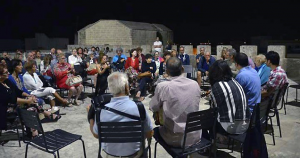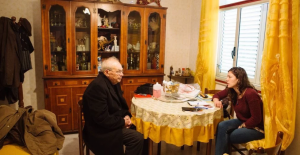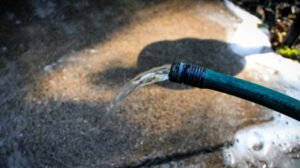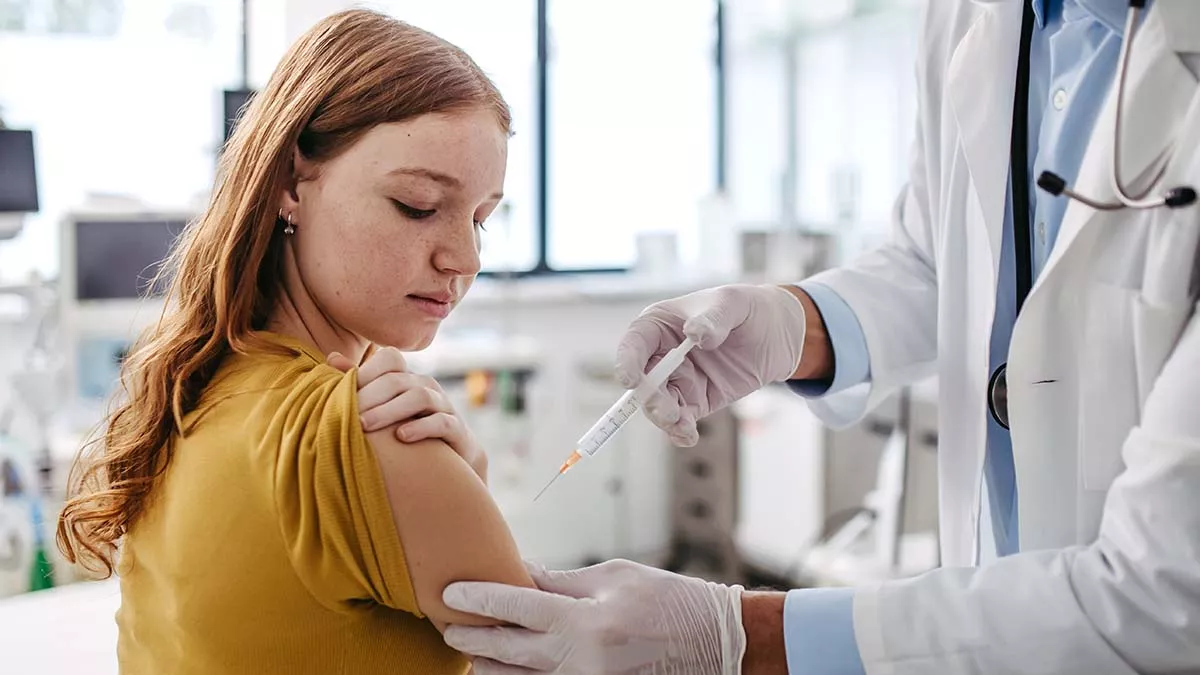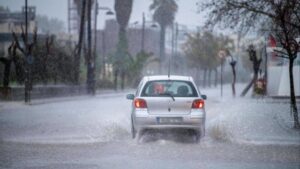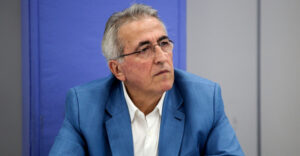A new and inspiring campaign is underway in Calabria as the Greeks of Magna Graecia are slowly reversing the tide on what had appeared to be the end of the Greko language.
For over 2,700 years, Greek has been spoken in Southern Italy, a place known historically as Magna Graecia due to the ancient and Byzantine Greek settlements and cities. In recent centuries, the number of those identifying as ‘Greek’ has declined, in keeping with the dwindling numbers of those speaking the language of the Grecanica people in Calabria.
My own visit to Magna Graecia in 2002, I had witnessed how few of the young people could speak Greko, and it was felt that the dialect would probably be at an end within two generations. Certainly, Modern Greek was being taught; though like many places in the world where a dialect is not being taught in the home or at school, the numbers were low. Of the 35,000 people who identified as being Greek, perhaps half could speak or understand the Greko language, mostly the older people.
Fast forward to 2018 and the young people of the region have become the heroes as they have used modern methods to preserve the language, with proposed online teaching tools, YouTube clips, engaging with people around the world and a Filoxenia project.
Neos Kosmos spoke with Maria Olimpia Squillaci, one of the younger people, explaining that Greko, or Calabrian Greek, is spoken by only a few hundred people in the picturesque towns perched on Aspromonte chain. This is between the mountain and the Mediterranean.
“We don’t want to and we can’t allow it to disappear. However, we will never be able to do all this by ourselves; the people who currently speak the language are few and mostly elderly, and the language is currently at risk of vanishing within the next 10 years. That’s why we need your help. We want people to ADOPT THE CALABRIAN GREEK LANGUAGE.”
(Maria Olimpia Squillaci with an older Greko speaker)
The GREKO Cultural Association Jalò tu, which Olimpia is part of and is led by President, Tito Squillaci, feels that the Calabrian Greek language is also the language of filoxenia. Filoxenia is of course a respect for the foreigner, as it is a language that knows how to embrace other spoken forms. Anyone who has even been to Calabria, or perhaps visited the fundraising page of the association will note that the entire region is one for welcoming the foreigner.
With the goal of preserving this language and the culture that it represents, the association has two projects: Firstly, to adopt the Calabrian Greek language and secondly, ‘The House of Filoxenia’.
The association is diligently working on a program called, “Adopt the Calabrian Greek language,” which includes the establishment of free Greko language workshops. Skype lessons for Grekophiles from all over the world will also be available.
The workshops are set to last 10 months, from October 2018 to July 2019, and will be taught by Eleonora Petrulli, Freedom Pentimalli and Danilo Brancati. These are some of the inspiring young people from Calabria who will help make a massive difference to preserving, and growing the language.
With the Filoxenia project, stories will be collected of those who left the area and never returned, or those who have simply visited. An interactive and living archive will be created with the stories translated into Greko. This will be followed by the creation of the first Vocabulary of Filoxenia. The group will collect all the definitions of filoxenia, which people around the world are encouraged to send in.
For those of us who value the language, this is a historic moment to help save an old dialect and with it part of our own Greek culture. I myself have been to 51 countries and met representatives of the Greek communities in most of them. Once the language goes, the identification of being a Greek/Hellene almost always ends.
Supporting these young, inspiring people will go a long way to preserving our own heritage.
People can donate to the project for a minimum of €10.00 with some of the donation categories including a postcard to be sent to donors and copies of a local book, enrolment into To Domadi Greko Summer School of Greko, a free copy of the book ‘Pukambù’ and a hardcopy of The Vocabulary of Filoxenia (for a donation of €150.00 or more).
For more information to help save the Greko language visithttps://buonacausa.org/cause/se-mi-parli-vivo
Source: neoskosmos
Ask me anything
Explore related questions
